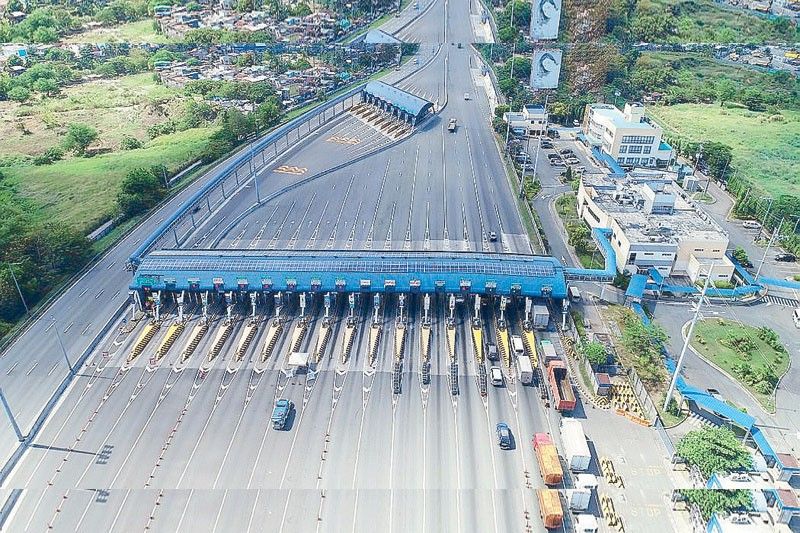NLEX confident to meet holiday rush

NLEX Corp. and its mother company, Metro Pacific Tollways Corp. (MPTC) assured the driving public that system improvements they have implemented would help control congestion at NLEX during the holidays.
“Current traffic volume is at par with pre-pandemic levels, but despite this, we are no longer seeing congestion at the RFID lanes at the toll plazas,” said Romulo Quimbo Jr., MPTC senior vice president for communication and stakeholder management.
He noted that the improvements implemented by NLEX in the past few weeks have significantly eased the traffic situation, especially in light of the anticipated rise in holiday traffic.
“This means the RFID system is working quite well,” he said.
At NLEX-SCTEX, the ratio between RFID and cash-paying motorists is at 85 percent.
Quimbo attributed the better traffic flow to the system enhancements, repositioning of RFID installation sites, deployment of more personnel to assist motorists, and intensified communication campaign. He also said that motorists have also adjusted to the electronic toll collection system especially with the reloading procedures.
The incidents of insufficient load have substantially gone down. Based on Dec. 19 data, about 1.31 percent of all RFID transactions are with insufficient load. This was an improvement to the 5.34 percent recorded on Dec. 5.
The company also has an intensive sticker replacement program in place, so any issues on defective and worn-out RFID stickers can be resolved quickly.
The company continuously makes adjustment and will ensure that its technical team is on alert to address any issues, especially during the holiday season.
As part of its seasonal “Safe Trip Mo, Sagot Ko,” a motorist assistance program it implements four to five times a year, NLEX deployed 1,200 personnel consisting of security, patrols, emergency response assistance and RFID assistants to help motorists still unfamiliar with the RFID system.
Quimbo said they have noted smooth RFID traffic in all toll plazas, and queues are usually only at the cash lanes. “This is consistent with our view that many of the issues encountered during the first week are really just birth pains,” he said.
NLEX said more motorists now prefer to use RFID than cash.
“And if there will be first-timers who will pay with cash and might line up on the wrong lane, those are honest mistakes. This happens all the time. Just do the transaction and get them on their way,” Quimbo said.
- Latest
- Trending























